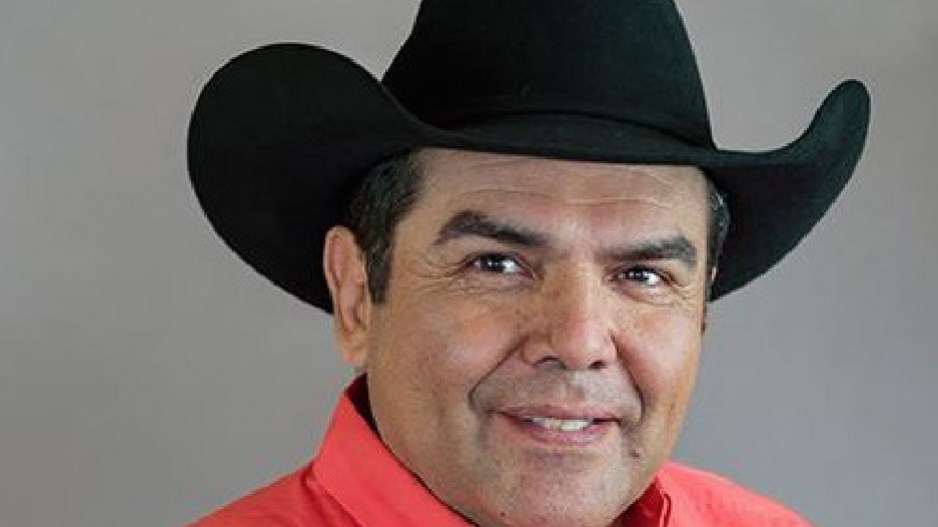If there was one single take-home message from a recent conference on natural gas and liquefied natural gas (LNG), it was this: major projects like pipelines and LNG can’t happen in B.C. without First Nation support.
That’s why LNG Canada’s $40 billion project and the associated Coastal Gaslink Pipeline Ltd. line succeeded where others failed: the proponents managed to get overwhelming support from First Nations in B.C.
So is the solution to the inertia plaguing the Trans Mountain pipeline expansion First Nation ownership?
While it’s highly unlikely the Tsleil-Waututh Nation on Burrard Inlet will ever support the expansion project, other First Nations in B.C. and Alberta are offering to take equity stakes in the project in order to move it forward.
In its annual financial statements, the Canada Development Investment Corp. (CDEV) – which is now responsible for the existing pipeline – states that its mandate from Ottawa includes keeping the Trans Mountain pipeline ready for sale.
“CDEV should also consider ways for Indigenous groups to participate in the divestiture on commercial terms,” its annual report states.
There are a number of First Nation groups pitching equity partnership plans, but it appears they may not be working together and may, in fact, be competing with one another.
The latest proposal has come from Project Reconciliation. The group recently visited the B.C. legislature to let the NDP government know that some First Nations support the pipeline expansion.
“We’ve got support in Alberta and Saskatchewan, and we’re working towards gaining more support in British Columbia,” said Shane Gottfriedson, a former chief of the Tk’emlups te Secwepemc and a director for the new group.
“Our goal is to own 51% of the pipeline, look at creating a sovereign wealth fund, look at creating a stream of revenue,” Gottfriedson said. “We’re looking for First Nations to come on board.”
Another group is the Iron Coalition, led by the Alexis Nakota Sioux Nation near Edmonton.
Mike LeBourdais, chief of the Whispering Pines Indian Band and chairman of the Western Indigenous Pipeline Group, considers the Project Reconciliation group to be “interlopers.”
LeBourdais has been talking with the First Nations whose reserves and territories would be intersected by the pipeline – in other words, the First Nations with rights and title claims along the route.
He is talking with the 55 First Nations in B.C. and Alberta that already have benefits agreements on the pipeline to become equity partners in the project.
The two main First Nations groups along the B.C. portion of the pipeline are the Secwepemc (Shuswap) and Sto:lo.
“Project Reconciliation represents Crees from southern Saskatchewan,” LeBourdais said. “They don’t have any title and they don’t have any rights.”
One question for any potential buyers is whether the expanded pipeline will be economically viable, should it go over budget.
All told, the acquisition of the existing Trans Mountain pipeline and its expansion could cost Ottawa $10 billion to $12 billion.
LeBourdais said his group will pay fair market value. Whether $10 billion to $12 billion is fair market value is up for debate.
“It may be overpriced and Canadians may be stuck with this thing,” LeBourdais said. “I’m not going to jeopardize my community or the communities along the pipeline for financing a project that has no profit.”
See related stories: Multibillion-dollar questions cloud Trans Mountain’s future and Some crude facts




